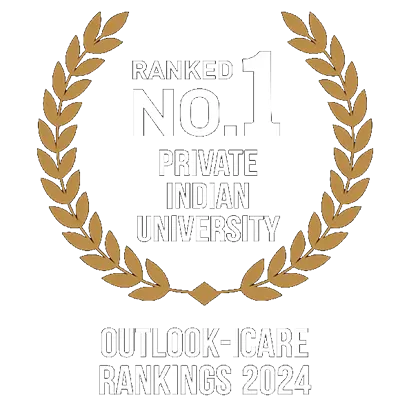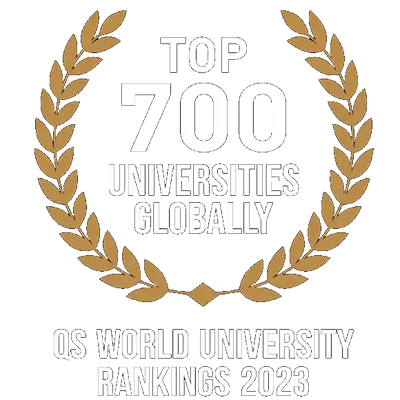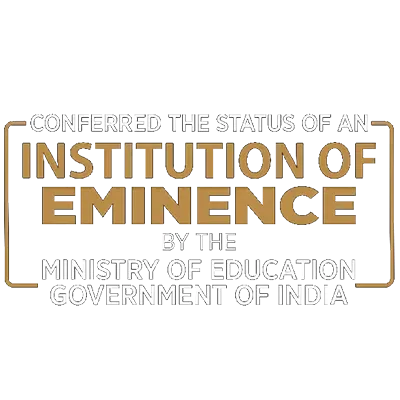Students
University Faculty & Staff
Collaborations with International Universities
Alumni Network
Publications



















When considering a future in architecture or design, prospective students often find themselves questioning various aspects of the field. They may wonder about technology, career opportunities, or even the right academic path to take. Here, Jindal School of Art & Architecture (JSAA) offers well-researched, academically grounded insights that will help you make an informed and inspired decision about your educational journey. Now choosing between a B.Arch course and a B.Des programme will not be as difficult as you thought earlier.
The Bachelor of Architecture (B.Arch) course is an undergraduate professional programme aimed at those interested in designing, planning, and constructing the built environment—from residential buildings to large-scale urban planning and public spaces.
This five-year B. Arch course, accredited by the Council of Architecture (CoA), India, qualifies graduates to practice architecture professionally upon registration. The programme blends artistic design with technical skills, such as spatial awareness, structural knowledge, and environmental consciousness. For B.Arch course details, one can visit our B.Arch course page and get a clear view of the offerings and course structure.
Apply Now - https://jgu.edu.in/admissions/
Here is what students commonly ask our counsellors!
Any good B.Arch university accepts NATA scores for admission. This exam assesses architectural awareness, drawing abilities, mathematics, and logical reasoning.
The B.Arch course at JSAA is designed for direct entry after secondary school, offering a clear academic progression into the architecture profession.
Programmes from a renowned B.Arch university offers exceptional strategy and top-tier recruitment opportunities with industry leaders.
The Bachelor of Design (B.Des) is a four-year undergraduate degree that emphasises creative problem-solving, critical thinking, and designing systems, communication strategies, environments, and user experiences.
We, being a leading B.Des institute in India, our goal is to assess your potential as a designer, rather than your performance on standardised tests.
| Aspect | B.Des | B.Tech |
|---|---|---|
| Discipline Focus | Human-centred design and creative experience | Engineering, applied sciences, technology |
| Outcome | Design solutions, communication, and systems | Development of functional systems and products |
| Approach | Conceptual, analytical, and empathetic | Logical, quantitative, and systems-based |
While these disciplines are different, professionals from both fields often collaborate, especially in areas like product design, interface development, and innovation.
The choice between B.Arch and B.Des courses depends on your career goals, creative interests, and desired impact. Here’s a comparison of the two:
| Criteria | B.Arch | B.Des |
|---|---|---|
| Duration | 5 years | 4 years |
| Regulatory Body | Council of Architecture (CoA) | University Grants Commission (UGC) |
| Eligibility | 10+2 with PCM + NATA/JEE | 10+2 in any stream |
| Practice Requirement | Mandatory registration to practice professionally | No licensing required |
| Career Domains | Architecture, Urban Planning, Construction | Communication Design, UX/UI, Innovation Strategy |
| Core Tools | Technical drawings, modelling, and environmental tools | Research, storytelling, interface, and visual design |
JSAA offers interdisciplinary undergraduate programmes that blend design thinking with social sciences, environmental studies, and policy analysis.
JGU boasts a vibrant alumni network of over 12,000 members, fostering a culture of ongoing interaction and collaboration. This dynamic community provides current students with valuable opportunities for mentorship and networking within the realm of applied psychology.
These programmes provide academic rigour, practical experience, and career opportunities in policy, consultancy, research, or civil services.
Each student has a unique combination of strengths and interests. Whether you're passionate about drawing, storytelling, systems thinking, or spatial design, JSAA offers a programme that aligns with your ambitions.
We encourage you to speak with our academic advisors to explore the programme that best suits your career goals and personal interests.